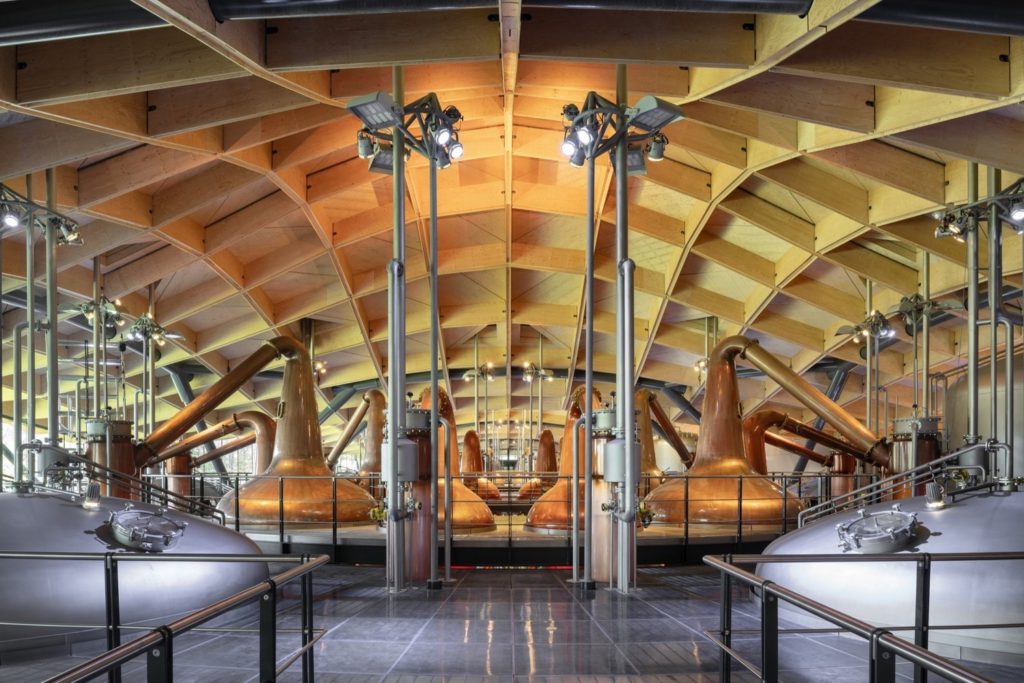The Daily Escape:

Roan Mountain, NC – February 2023 photo by Spencer Carter. Roan Mountain has the largest naturally growing gardens of Catawba rhododendrons in the world.
Back on February 3, a Norfolk Southern (NS) train carrying hazardous materials derailed near the town of East Palestine, Ohio. Federal investigators say a mechanical issue with a rail car axle caused the derailment. After several days of underreporting, we now know what happened.
Here are some facts: The derailment included 50 cars, 20 of which carried toxic materials, 14 of those contained vinyl chloride. The subsequent fire burned for three days. Then there was a “controlled release” of poisonous gas. And finally, effects of the poison were felt on locals, their animals, and local waterways.
The axle problem is important since it is the cause of all the hardship in East Palestine. Trains use steel wheels on steel rails because they produce 85+ % less friction than rubber truck tires do on roads. The contact point of a wheel on the rail is about the size of a dime. Compared to trucks, trains are cheaper (4 cents vs 20 cents per ton-mile in the US), and more sustainable: One ton of freight can be moved over 470 miles on a single gallon of diesel fuel.
But sustaining that economic advantage requires the railroads to maintain all that steel in good working order. Otherwise if things go wrong with a train that’s 4.5 miles long, they can go very, very wrong. And reporting seems to indicate that NS didn’t maintain its steel wheels correctly.
Also, the derailed NS train was not classified as a “high-hazard flammable train,” despite its hazardous and flammable cargo. Such a classification would have lowered its speed and affected its route. From Lever News:
“Though the company’s 150-car train in Ohio reportedly burst into 100-foot flames upon derailing — and was transporting materials that triggered a fireball when they were released and incinerated — it was not being regulated as a “high-hazard flammable train,” federal officials told The Lever.”
Apparently when current transportation safety rules were first created, a federal agency sided with industry lobbyists and limited regulations governing the rail transport of hazardous compounds. That decision effectively exempted many trains hauling dangerous materials including the NS train in Ohio, from the “high-hazard” classification and its more stringent safety requirements.
Generally, workers want safety and the bosses want money. Safety requires additional time, more workers, and money. Deregulation contributes to the lack of safety. Using vinyl chloride in a chemistry lab requires safety equipment. Tank cars containing thousands of gallons of it should require more than the government apparently thinks is safe.
Wrongo always looks at the politics in these sorts of industrial disasters because they are usually caused by the economics created by politics.
Given how dangerous these chemicals are, and given how they are used and transported, we have to expect accidents like this to happen. But the government should be able to tell us whether the current accident rate is higher or lower than expected, and if higher, what should be done to correct the problem.
We trust the bureaucrats that make the rules to balance safe operations against the risk of an airborne toxic event like this. Wrongo’s brief look into this one incident doesn’t evidence that kind of trust. It appears that the bureaucrats who make the rules on railroad safety were influenced by the industry and wrote a rule that puts the economics for the railroad industry ahead of public safety.
These issues exist everywhere in the relationship between industry and government. There’s always pressure by the industry on the bureaucrats to deregulate. In a man-made disaster, that can place greater burdens on the communities, like just happened in East Palestine.
This is what the Michael Lewis’s book “The Fifth Risk” is about: People who go to school, get extensive training and then work in obscure corners of the government. Lewis talks about how important these people are, and how for decades they’ve been denigrated, vilified, and ignored, largely by Republicans.
This is another area in which the GOP is awful in a completely lopsided way to Democrats.
The existence of corporations who can impose risks on the rest of us is what happens when there is unequal political power. We need a state with a strong regulatory system to protect us. The state must build regulatory regimes for chemical spills that shift the risks back onto those who create them.
NS in this case, has said that they will be fully responsible for the damages caused in East Palestine.
That’s encouraging, but how does that little town with a population of less than 5,000, or even the state of Ohio hold NS to their word?

